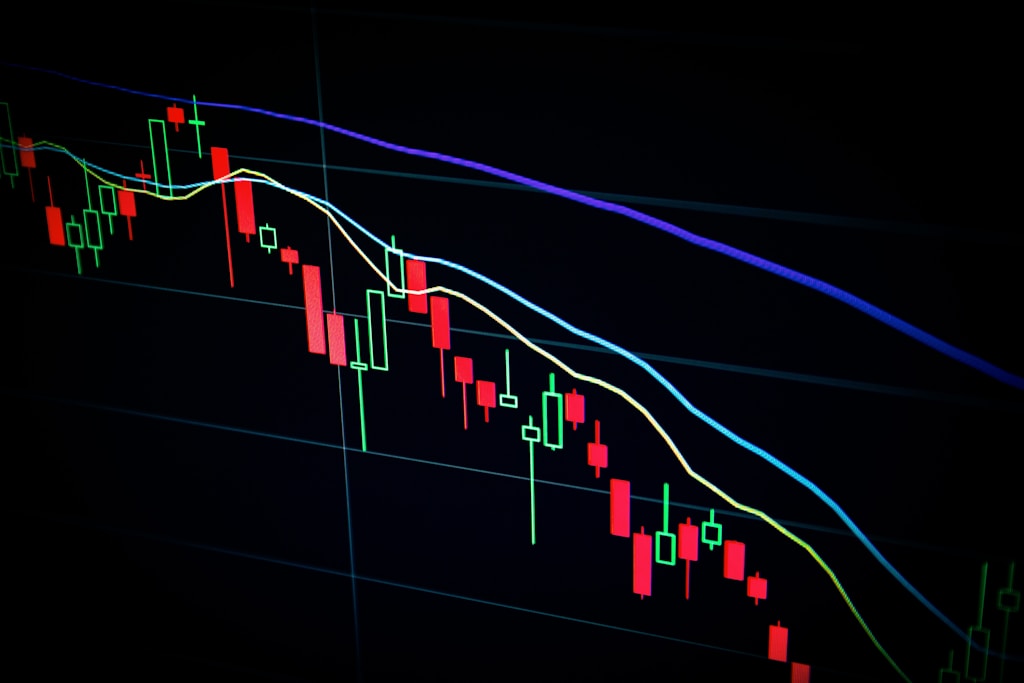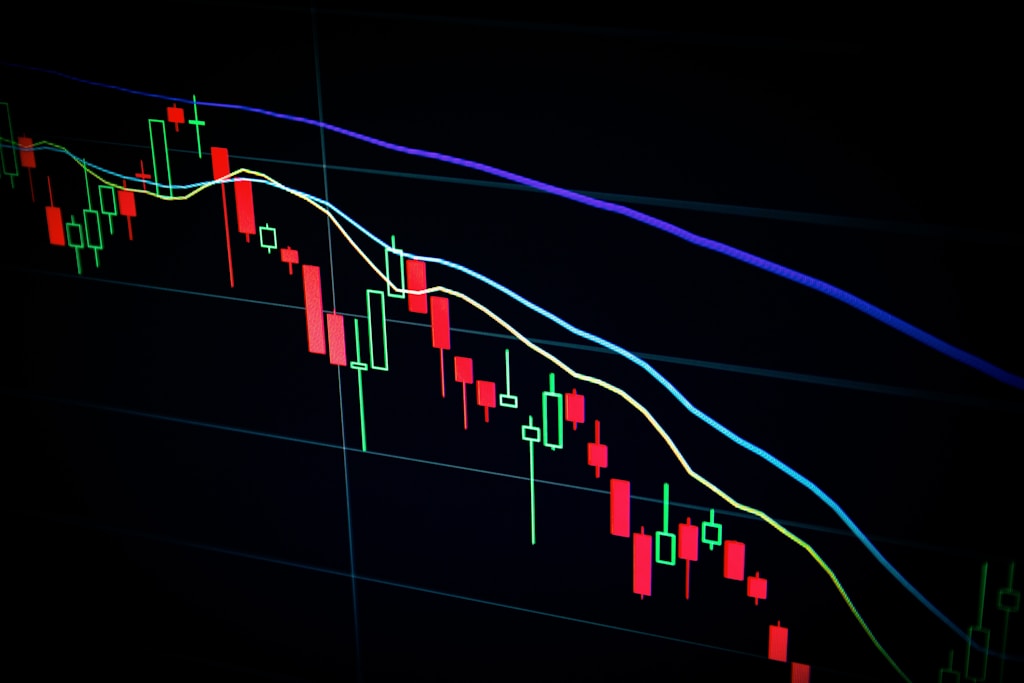Key Takeaways:
- Major advisory firms are shifting to 5% crypto portfolio allocations
- Institutional adoption signals mainstream acceptance of digital assets
- Billions in potential capital flow expected from wealth management sector
In a significant shift for institutional crypto adoption, Bitwise Asset Management reports that 5% is becoming the new standard allocation for crypto in traditional investment portfolios, marking a dramatic increase from the previous 1% benchmark. This development comes as major institutions like BlackRock continue to see substantial inflows into their crypto ETF products.
Matt Hougan, Chief Investment Officer at Bitwise, has termed this transition the ‘Big Unlock,’ suggesting that billions of dollars could flow into the crypto market as wealth management firms embrace digital assets at unprecedented levels.
Why the 5% Allocation Matters
The shift to a 5% allocation represents a fundamental change in how traditional finance views crypto assets. This five-fold increase from previous standards indicates growing confidence in the asset class and could trigger a significant influx of institutional capital.
Institutional Impact on Crypto Markets
The increased allocation standard coincides with broader institutional adoption trends. Recent regulatory developments and banking sector changes are expected to fuel a potential $2 trillion crypto bull run, making this shift particularly timely.
FAQ Section
Q: Why are institutions increasing their crypto allocation?
A: Growing regulatory clarity, improved infrastructure, and potential for higher returns are driving increased institutional confidence.
Q: What impact could this have on crypto prices?
A: The shift to 5% allocation could result in billions of dollars of new investment, potentially driving significant price appreciation across major cryptocurrencies.
Q: How quickly will this transition occur?
A: According to Bitwise, the transition is already underway, with major advisory firms leading the adoption curve through 2025.
Market Implications
This institutional shift could have far-reaching implications for the crypto market. With wealth management firms controlling trillions in assets, even a partial transition to the new 5% standard could result in substantial capital inflows.
Conclusion
The move toward 5% crypto allocation represents a major milestone in the institutional adoption of digital assets. As traditional finance continues to embrace crypto, this trend could accelerate, potentially leading to sustained market growth and increased mainstream acceptance.







